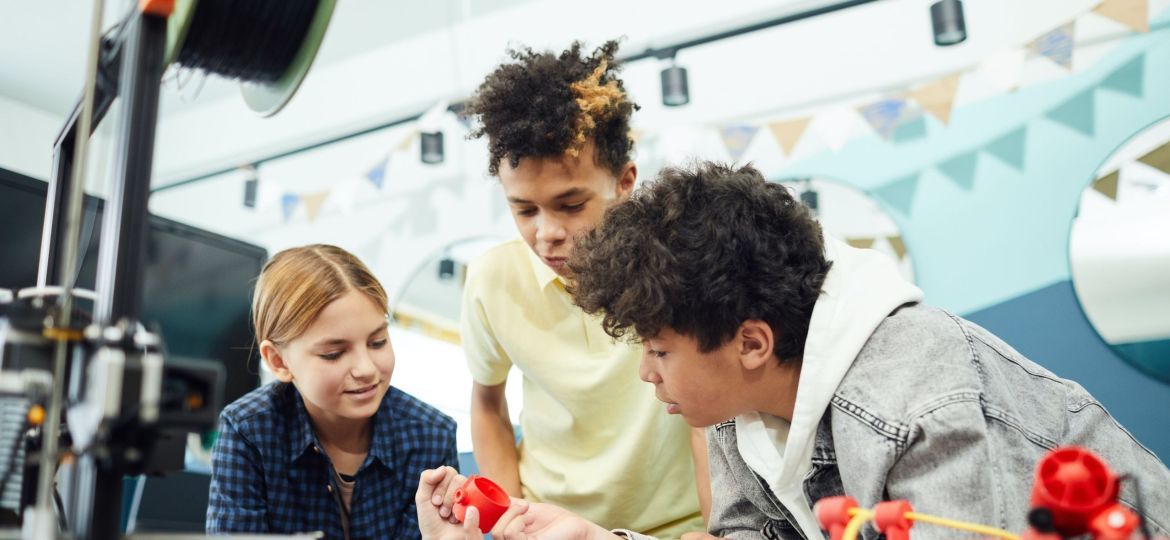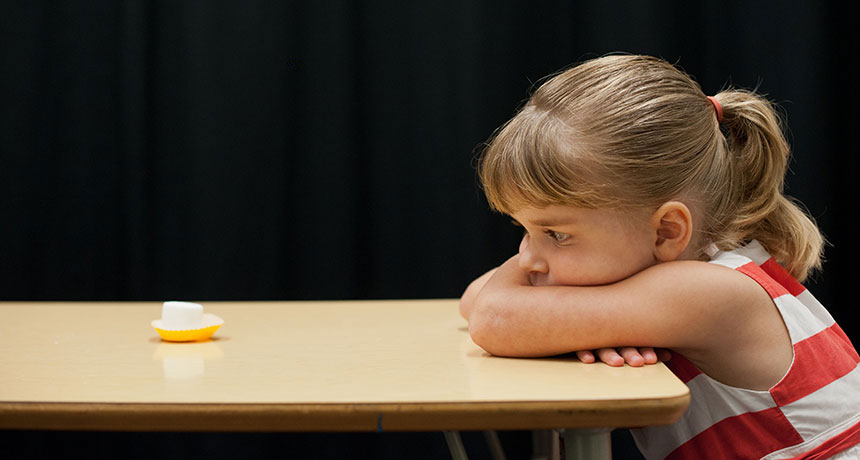Good Habits for Preschoolers: Building a Strong Foundation for a Happy Future

The preschool years are a whirlwind of exploration, discovery, and rapid development. It's during this crucial stage that children begin to establish routines, learn social skills, and form habits that can shape their lives for years to come. First Habits, a US-based company dedicated to fostering positive childhood development, is here to guide parents in nurturing good habits for preschoolers. We'll explore the importance of good habits, delve into specific habits that benefit young children, and offer practical tips for successful implementation.
The Importance of Good Habits in Preschoolers
Habits are ingrained behaviors that become automatic over time. Developing good habits in preschoolers sets the stage for future success. These habits contribute to:

Physical Health: Healthy habits like brushing teeth, washing hands, and getting enough sleep are essential for a child's physical well-being.
Emotional Well-being: Habits like expressing feelings appropriately, managing frustration, and resolving conflicts peacefully contribute to emotional health.
Cognitive Development: Habits like focusing on tasks, completing activities, and engaging in stimulating play contribute to cognitive development.
Social Skills: Habits like sharing, taking turns, and using polite language pave the way for strong social relationships.
Self-Esteem: Developing good habits gives children a sense of accomplishment, boosting their self-esteem and confidence.
By fostering good habits early on, parents can equip their children with the tools they need to thrive in all aspects of life.
Essential Good Habits for Preschoolers

Here are some key good habits to focus on during the preschool years:
Personal Hygiene Habits: Washing hands before meals and after using the bathroom, brushing teeth twice a day, and taking baths or showers regularly are essential hygiene habits that keep children healthy and prevent the spread of germs.
Healthy Eating Habits: Encourage a balanced diet with plenty of fruits, vegetables, and whole grains. Limit sugary drinks and processed foods. Developing healthy eating habits early on sets the foundation for lifelong well-being.
Sleep Habits: Establish a consistent bedtime routine that ensures your child gets adequate sleep. Regular sleep patterns contribute to physical and mental growth, as well as emotional stability.
Positive Communication Skills: Teach your child to express their needs and feelings clearly, listen attentively to others, and use polite language.
Emotional Regulation Skills: Help your child identify emotions, develop healthy coping mechanisms for dealing with frustration or anger, and encourage them to express their feelings in a positive way.
Focus and Completion: Break down tasks into smaller, manageable steps. Encourage your child to focus on completing tasks, celebrating successful completion along the way.
Sharing and Taking Turns: Preschool is a prime time for developing social skills like sharing and taking turns. Create opportunities for your child to practice these skills through play and daily interactions.
Cleaning Up: Make cleaning up toys and putting things away a part of playtime. This instills a sense of responsibility and helps maintain a tidy environment.
Remember: Consistency is key! The more you reinforce these habits, the more likely they are to become ingrained in your child's behavior.
Tips for Successfully Implementing Good Habits
Here are some practical tips from First Habits to help you cultivate good habits in your preschooler:
Start Early: The earlier you introduce good habits, the easier it becomes for your child to adopt them.
Make it Fun: Use songs, games, and positive reinforcement to make learning good habits an enjoyable experience.
Lead by Example: Children learn best by observing adults. Practice good habits yourself and your child is more likely to follow suit.
Set Clear Expectations: Establish clear and consistent expectations for desired behaviors.
Offer Positive Reinforcement: Praise your child's efforts and celebrate their successes in developing good habits.
Be Patient: Building habits takes time and patience. Don't get discouraged if your child doesn't grasp a concept immediately. Gentle guidance and consistent reinforcement are key.
Tailor the Approach: Every child learns and develops at their own pace. Be flexible and tailor your approach to your child's unique personality and needs.
Conclusion
The preschool years are a golden opportunity to cultivate habits that empower your child's well-being. By fostering essential habits like hygiene, healthy choices, and positive communication, you equip them for lifelong success. Remember, consistency, patience, and a playful approach are key. First Habits, a US-based resource for parents, is here to support you on this rewarding journey effective parenting strategies. We offer a wealth of information and tools to help you nurture good habits in your preschooler, setting them on a path to a happy and fulfilling future.